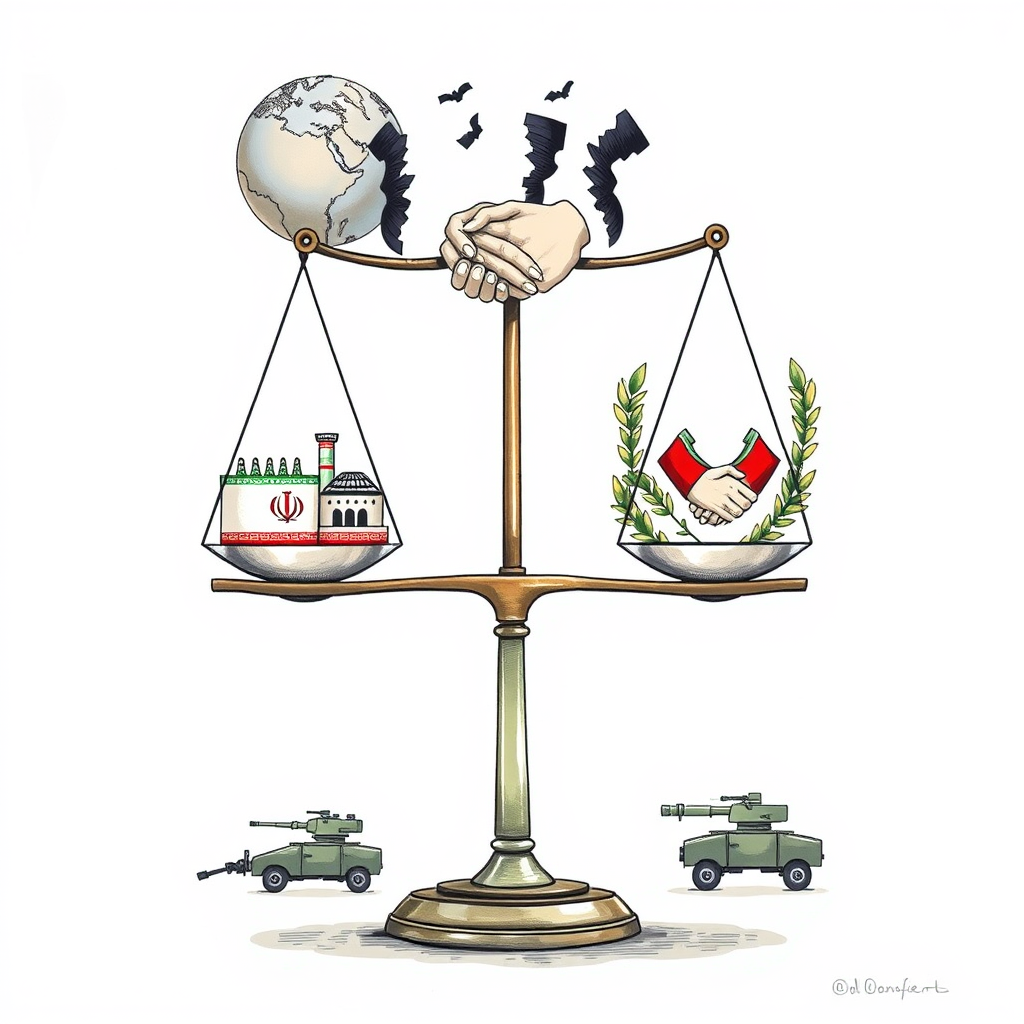Iran Nuclear Talks: Will a Deal Happen?

Negotiations aimed at reviving the Iran nuclear deal are set to resume this weekend in Oman, with both Tehran and Washington signaling a willingness to engage, albeit with firm red lines. Iran insists it seeks a “real and fair” agreement, while the United States maintains its stance that Iran must not acquire a nuclear weapon. The talks come after a letter from President Trump to Supreme Leader Ayatollah Ali Khamenei, offering a diplomatic path but also warning of potential military action.
Key to the discussions is the extent of Iran’s nuclear program rollback. While Trump’s envoy, Steve Witkoff, initially stated a demand for complete dismantling – a position unlikely to be accepted by Iran – he also suggested a willingness to explore compromise. This contrasts with the Obama-era deal, which aimed to prevent, rather than eliminate, Iran’s nuclear capabilities – a deal Trump subsequently abandoned, reinstating sanctions that prompted Iran to roll back its own commitments.
The atmosphere is fraught with tension. Both sides have issued warnings – Iran threatening to expel UN nuclear inspectors, the US responding with a condemnation of such action as escalation. Trump reiterated the possibility of military action if talks fail, while Iranian officials accuse the US of “hostile rhetoric.” Despite these challenges, Tehran claims it is approaching the negotiations in good faith.
Recent developments add complexity. Direct clashes between Iran and Israel, following the October 2023 attack on Israel by Hamas (supported by Tehran), have heightened regional instability. The weakening of Iran’s allies, such as Syria’s Bashar al-Assad, further complicates the geopolitical landscape.
A significant sticking point remains the scope of negotiations. Iran insists discussions be limited to its nuclear program, while the West seeks to address Iran’s ballistic missile program and regional influence. This divergence, coupled with skepticism from hardline Iranian media, suggests a difficult path forward.
While the European Union continues to advocate for diplomacy as the only viable solution, the outcome of these talks remains uncertain. The willingness of both sides to genuinely compromise, and move beyond entrenched positions, will be crucial in determining whether a renewed agreement can be reached, or if the threat of escalation will continue to loom over the region. It’s a precarious situation, and the stakes are incredibly high. The current approach, while seemingly offering a glimmer of hope through dialogue, feels like a delicate balancing act, heavily reliant on trust – a commodity in short supply in this particular geopolitical arena.